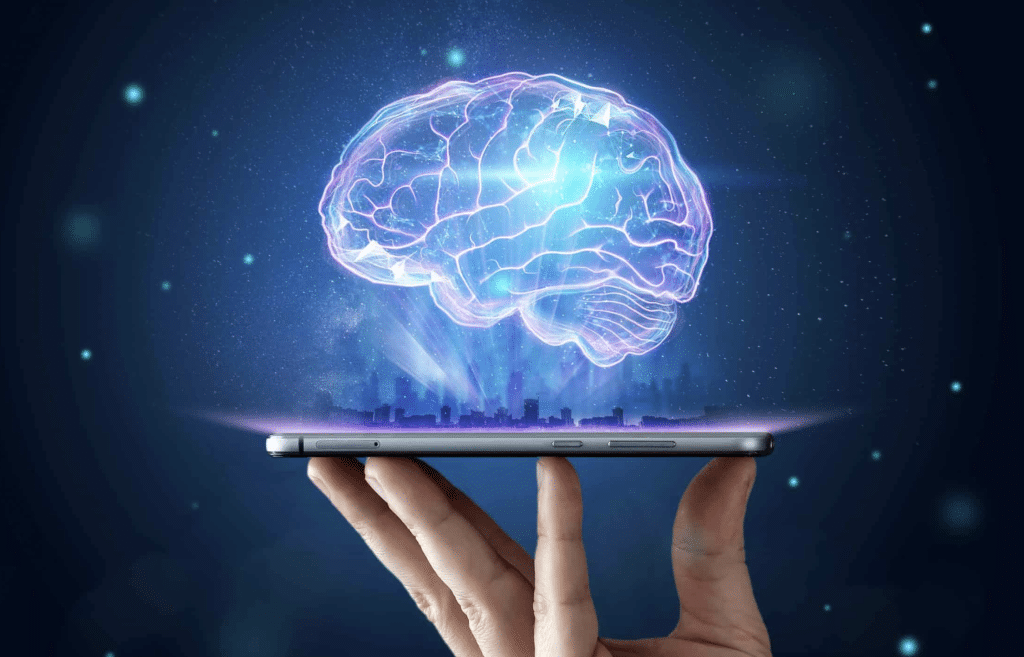The Internet of Things (IoT) and Artificial Intelligence (AI) are two of the most significant technological developments of our time. IoT refers to the network of physical devices, vehicles, appliances, and other items connected to the internet that can collect and exchange data. AI, on the other hand, involves the development of machines that can simulate human intelligence and decision-making capabilities. This article explores the increasing convergence of IoT and AI, the benefits of combining the two technologies, applications of IoT and AI, challenges, ethical considerations, and the future implications of this convergence.
IoT and AI: What’s the Connection?
The connection between IoT and AI is that IoT devices generate massive amounts of data that can be analyzed and utilized by AI algorithms to derive insights and make decisions. By combining IoT and AI, companies and organizations can extract valuable information from the data generated by IoT devices, improve decision-making processes, and automate tasks. This convergence is transforming businesses, industries, and our daily lives.
Applications of IoT and AI
There are various applications of IoT and AI. In smart homes, for example, AI-powered devices can learn from user behavior to control temperature, lighting, and security systems. Smart cities can leverage IoT and AI to enhance transportation, reduce energy consumption, and improve public safety. In healthcare, AI can be used to analyze patient data, improve diagnostics, and develop personalized treatment plans. In agriculture, IoT sensors and AI canimprove crop yields and reduce water usage. Industrial IoT can improve production efficiency and reduce downtime.
Challenges of IoT and AI
Despite the potential benefits, there are also challenges to the convergence of IoT and AI. Security and privacy issues are a concern, as hackers can exploit vulnerabilities in IoT devices to gain access to sensitive data. Data management and storage can be a challenge due to the large amounts of data generated by loT devices. Standardization and interoperability are also concerns, as different IoT devices may use different protocols and standards, making it difficult to integrate them with AI systems.
Ethical Considerations
The convergence of IoT and AI raises ethical considerations as well. The impact of IoT and AI on society, particularly in terms of job displacement, is a concern. Bias in AI algorithms is also a problem, as AI can perpetuate existing social and economic inequalities. Mitigating these risks and challenges requires a multidisciplinary approach that involves policymakers, industry leaders, and researchers.
The Future of IoT and AI
The potential of IoT and AI is vast and the future is exciting. The development of edge computing, where AI algorithms are deployed on IoT devices, is expected to reduce latency and enhance privacy. The emergence of 5G networks is also expected to accelerate the convergence of IoT and AI. Developing trends include the use of AI for predictive maintenance, autonomous vehicles, and augmented reality. Predictions for the future include the growth of smart cities, increased use of wearables, and enhanced personalized healthcare.
Conclusion
The convergence of IoT and AI is transforming the way we live and work. By combining the two technologies, businesses and organizations can derive valuable insights from the vast amounts of data generated by IoT devices. However, this convergence also poses challenges and ethical considerations that need to be addressed. Looking to the future, the potential of IoT and AI is vast, and its implications for society are profound.

